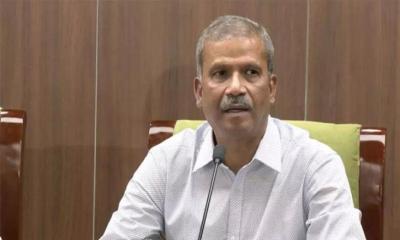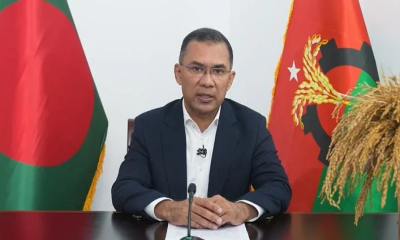With Donald Trump back in office, it seems that policymakers are grappling with a cautious balance act in Dhaka. The U.S. foreign policy approach is expected to bring changes that will have a ripple effect worldwide, particularly across South Asia.
The “America First” policy of the Trump administration will navigate a complex set of challenges, with a strategic alliance with India and growing rivalry with China, leaving countries like Bangladesh at a crossroads. Each of these dynamics will test Bangladesh’s adaptability as the country is tackling its internal shifts marked by the recent July movement and the establishment of an interim government. In increasingly polarized world with U.S, China and India pulling in different directions, how should Bangladesh navigate its path?
The Protectionist Shift: Trade and Economic Challenges
Trump`s protectionist policies basically focus on domestic manufacturing, stabilize inflation, tackle unemployment and manage over half a million homeless people. To address this issue, the Trump administration is more likely to implement policies that are inward-looking including tariff cuts to support the USA`s economy and tighter Immigration regulations. This approach will directly impact the global supply chain, raising global prices and leaving emerging economies with significant trade ties to the U.S., including Bangladesh. As one of the largest exporters of the RMG sector and pharmaceuticals to the U.S., Bangladesh may feel the weight of any trade restrictions the Trump administration introduces. According to recent OTEXA data, in 2023, Bangladesh secured third position by having 9% share in the North American apparel market. Though during January -August of 2024, Bangladesh’s RMG exports to the U.S. fell by 9.6%.
Navigating the Tech Rivalry: U.S., China, and Bangladesh`s Position
Bangladesh needs to also contend that the U.S. is currently positioning itself as a leader in artificial intelligence with advanced technology, though its strict regulatory environment allowed China to rise as a rival. This gap presents both challenges and opportunities. Because while a strict framework limits partnerships, it also opens the door for Bangladesh to explore partnerships with tech-forward countries such as China with fewer regulatory barriers.
Meanwhile, China stands as an essential partner, having deep economic ties with Bangladesh through its BRI project. The Trump administration’s anti-China stance has already created an environment of polarization. It is estimated that Trumps tariff reduction policy would lead a 0.68 percent reduction in China`s GDP and 0.06 percent GDP loss for India. China’s economic slowdown clearly disrupts regional economies especially for Bangladesh if Beijing scales back on its regional projects. China’s advancement in semiconductor and AI technologies is underscored by its large demography. China`s semiconductor industry has taken leap forward with Xiaomi designing of its first 3nm System -on -Chip (SoC), and it is anticipated that it will trigger “Tech War” with the U.S. As both superpowers vie for influence, Bangladesh could soon find itself under pressure to choose sides.
India-U.S. Ties: A Shifting Focus on Bangladesh
When it comes to India, across the borders, India is expected to deepen its economic and defense ties with the U.S. mainly in sectors like technology and infrastructure. It may redirect U.S. focus away from Bangladesh as Trump`s administration tends to view countries like Afghanistan, Pakistan and Bangladesh through narrow lenses, focusing primarily on the potential for instability and security concerns. For Bangladesh, this could mean less U.S. engagement in human rights and democracy related issues, possibly a cut in Official Development Assistance (ODA) as well.
Currently, Bangladesh is dealing with its own set of uncertainties. Recent political unrest and the July movement have brought issues of public dissatisfaction and governance to the forefront. Though an interim government has been appointed to maintain stability, the nation still remains in a state of political flux with issues like high prices of daily commodities and political instability.
A Multifaceted Approach: Strengthening Internal Systems and Global Partnerships
The current political scenario is more likely could impact the foreign policy of Bangladesh as the country is opting for more foreign investment. Bangladesh needs a multifaceted strategy to reinforce its position.
First of all, Bangladesh should deepen ties with China in technological area through investment in different sectors to knowledge sharing which will be a win -win situation for both sides. Again, seamless Communication and logistical supports remain a crucial factor in Bangladesh which can be materialized through sustainable investment and efficient technological buildup.
On the other hand, the judiciary, transparency and custom delays works as a barrier for American investment in Bangladesh. Strengthening this area can help Bangladesh to attract American investors in the middle of shifting trade dynamics.
Diplomacy and Regional Cooperation: Stabilizing Myanmar and Beyond
If we emphasize on diplomatic arena bringing stability in Myanmar remains a daunting task for Bangladesh. By stabilizing Arakan, Dhaka would get access to new markets which is essential for its own economy. The U.S. can play an important part in the stabilization process as it serves their interest to counter China.
Finally, Bangladesh must make the best use of its natural resources for greater resilience. It should more engage with China for water security management as well as other natural resources. Regional connectivity can lead to sustainable resource management.
Eventually, Trump’s return to office and the political flux of Bangladesh presents both risk and opportunity. As Bangladesh now has a unique opportunity to reinstate its economic and political Resiliency by navigating all its scope amid the shifting global politics. For Dhaka, it has become a balancing act and the stakes couldn’t be any higher.
The views expressed in this article are the author’s own and do not necessarily reflect Thereport.live’s editorial stance. The author is a student of Department of International Relations at Jahangirnagar University.

-20241117160223.jpg)
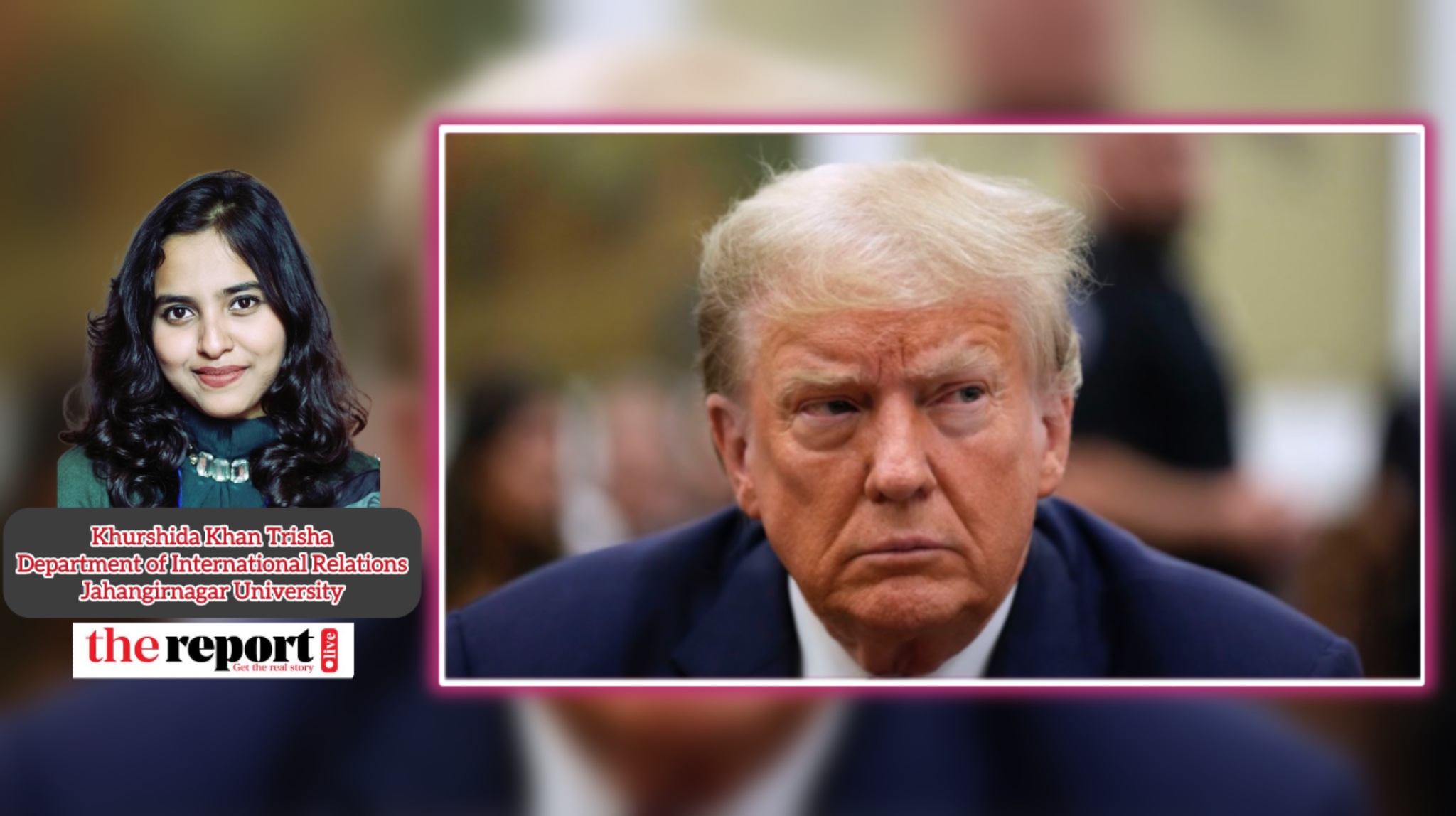

-20251228011000.webp)

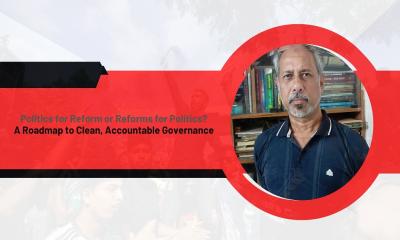

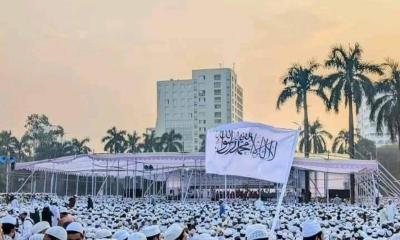

-20260216115008.webp)






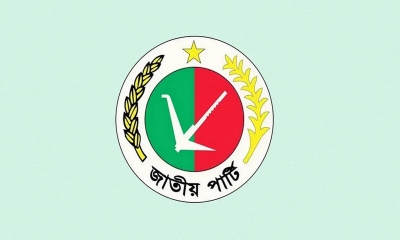
-20260216055149.webp)





